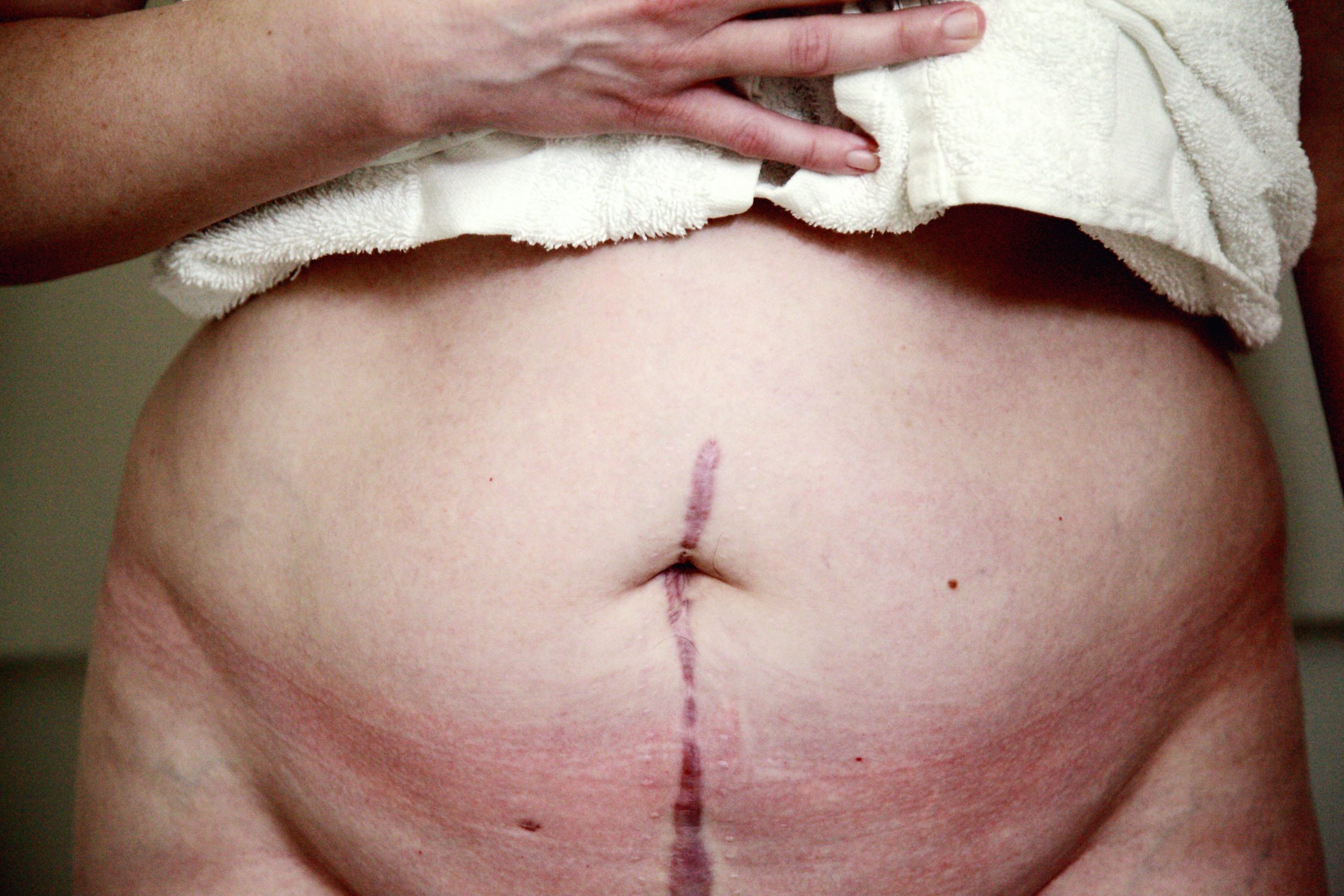Colorectal cancer is one of the most common types of cancer worldwide, but it’s also one of the most preventable. Screening tests can detect the early signs of colorectal cancer, making it easier to treat and increasing the chances of survival. In this article, we’ll explore the importance of colorectal cancer screenings and why they’re essential for maintaining your health.
Why Are Screenings Important?
Colorectal cancer usually starts as small growths called polyps in the colon or rectum. These polyps can grow over time and become cancerous if they’re not removed. The problem is that polyps don’t usually cause any symptoms until they’re large enough to cause bleeding or blockages in the digestive tract. By the time symptoms appear, the cancer may have already spread to other parts of the body, making it harder to treat.
Screenings can detect polyps or early-stage cancer before symptoms appear, making it easier to treat and increasing the chances of survival. The earlier colorectal cancer is detected, the better the prognosis.
Who Should Get Screened?
The American Cancer Society recommends that people at average risk of colorectal cancer start getting screened at age 45. Those with a family history of colorectal cancer or other risk factors may need to start earlier. Your healthcare provider can help determine when you should start getting screened and what screening tests are appropriate for you.
Types of Screenings
There are several types of screening tests for colorectal cancer. The most common are:
- Colonoscopy: This is the most accurate test for detecting polyps or cancer in the colon and rectum. During a colonoscopy, a healthcare provider inserts a flexible tube with a camera on the end into the rectum and colon. If polyps or abnormal tissue are found, they can be removed during the procedure.
- Stool Tests: These tests look for blood or abnormal DNA in stool samples, which can be a sign of colorectal cancer. Stool tests are non-invasive and can be done at home, but they’re not as accurate as a colonoscopy.
- Virtual Colonoscopy: This is a non-invasive test that uses CT scanning technology to create images of the colon and rectum. It’s not as accurate as a colonoscopy, but it’s less invasive and doesn’t require sedation.
The Bottom Line
Colorectal cancer screenings are an essential part of maintaining your health. Detecting polyps or cancer early can make a significant difference in your prognosis and increase the chances of survival. If you’re due for a screening, don’t put it off. Talk to your healthcare provider about scheduling a test today. Remember, screening saves lives.










